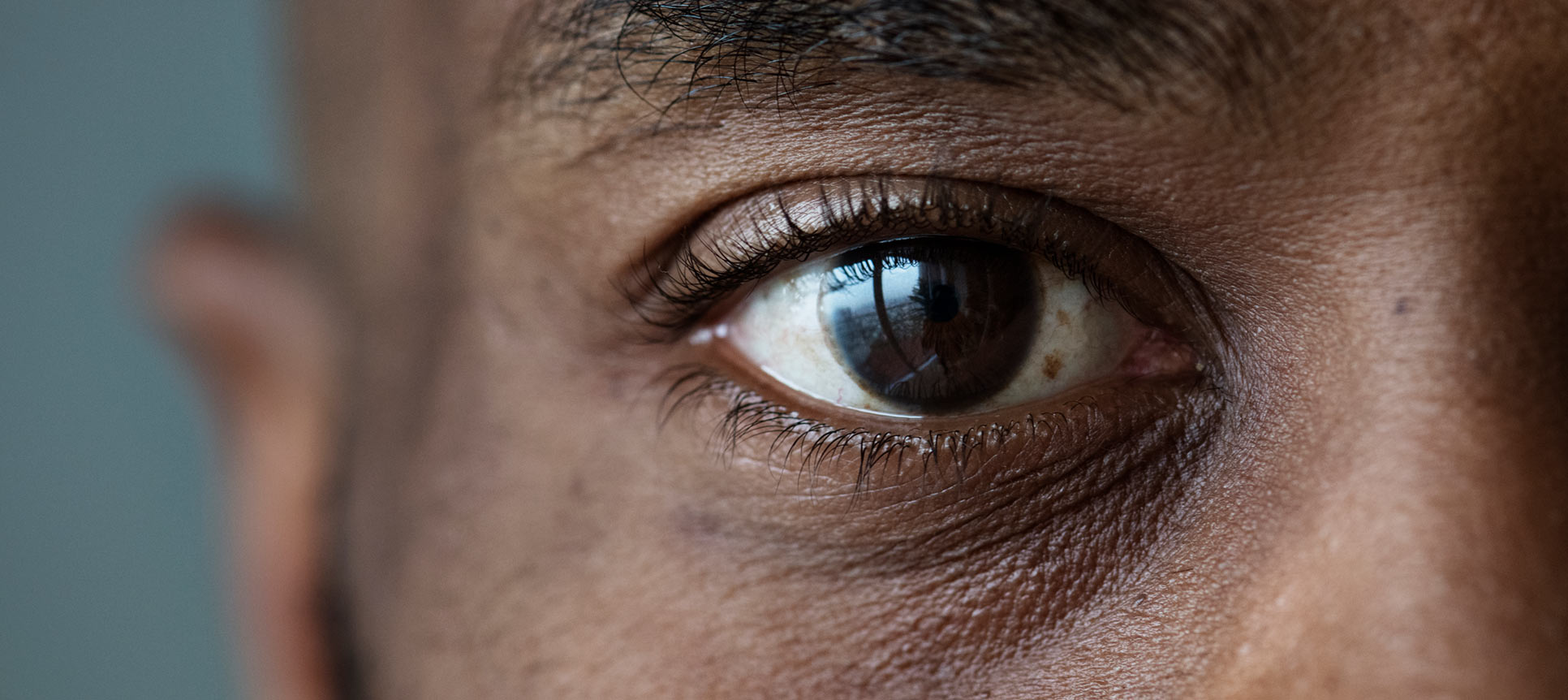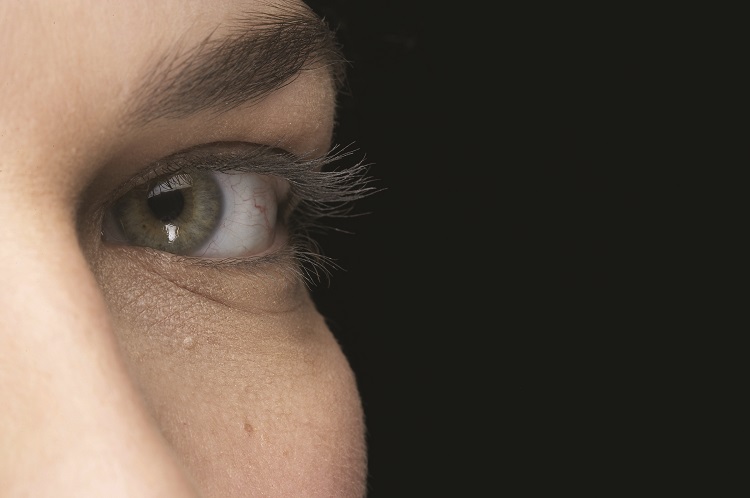/GettyImages-1176128997-50151a347f6645e98e944a7b55fba595.jpg)
Have you ever experienced floating black spots in your vision? These small, dark specks or strings that seem to drift around when you move your eyes can be quite concerning. In this article, we will discuss the causes, symptoms, and treatment options for this common eye problem.
What are Floaters?

Floaters are small, dark specks or strands that appear to float around in your visual field. They can be different shapes and sizes, and they move as your eyes move. Floaters are actually tiny clumps of protein or other material that form in the vitreous, the gel-like substance that fills the inside of your eye. They cast a shadow on the retina, which is what creates the illusion of floating specks or strings.
What Causes Floaters?
:max_bytes(150000):strip_icc()/GettyImages-1176128997-2d29df053c2043b0897cfd3ba4d71e21.jpg)
Floaters can be caused by a number of factors, including:
- Aging - as we get older, the vitreous can shrink and pull away from the retina, causing floaters to appear.
- Eye injuries - trauma to the eye can cause floaters to form.
- Eye diseases - certain eye conditions, such as diabetic retinopathy or uveitis, can cause floaters.
- Retinal tears - a tear in the retina can cause floaters to appear suddenly and in large numbers.
Who is at Risk for Floaters?

Floaters are more common in people who are over the age of 50, have had eye surgery or trauma, or have certain eye conditions, such as nearsightedness or cataracts. If you experience sudden onset of floaters, flashes of light, or a curtain-like shadow in your vision, seek medical attention immediately as this could be a sign of a retinal tear or detachment.
What are the Symptoms of Floaters?

The main symptom of floaters is the appearance of small, dark specks or strands that seem to float around in your visual field. These floaters can be more noticeable in bright light or against a light background. They can also be more noticeable when you move your eyes.
How are Floaters Diagnosed?

If you are experiencing floaters, your eye doctor will perform a comprehensive eye exam to determine the cause. This may include dilating your pupils to get a better view of the retina and other structures inside the eye.
How are Floaters Treated?

Most floaters are harmless and do not require treatment. However, if your floaters are severe or are affecting your vision, your eye doctor may recommend a procedure called vitrectomy. This involves removing the vitreous and replacing it with a saline solution. This procedure is only recommended in rare cases and carries some risks, including retinal detachment and infection.
How Can I Prevent Floaters?

There is no surefire way to prevent floaters from forming, but there are some steps you can take to protect your eyes and reduce your risk:
- Wear protective eyewear when playing sports or working with power tools.
- Manage any underlying health conditions that can affect your eyes, such as diabetes or high blood pressure.
- Get regular eye exams to catch any problems early and maintain good eye health.
Conclusion
Floaters are a common eye problem that can be caused by a number of factors. While they are usually harmless, they can sometimes signal a more serious condition. If you are experiencing floaters, see your eye doctor for a comprehensive exam to determine the cause and whether treatment is necessary.